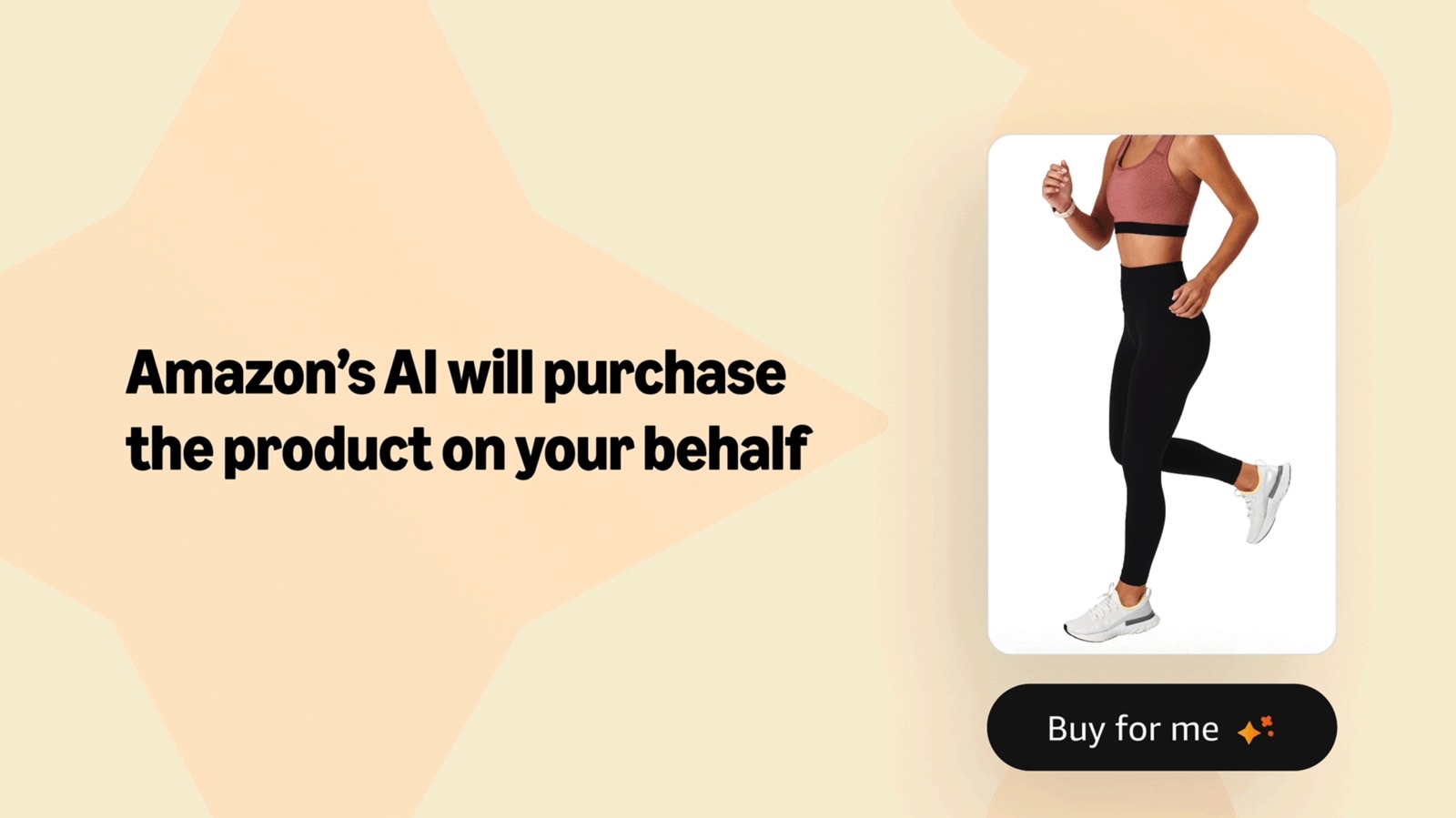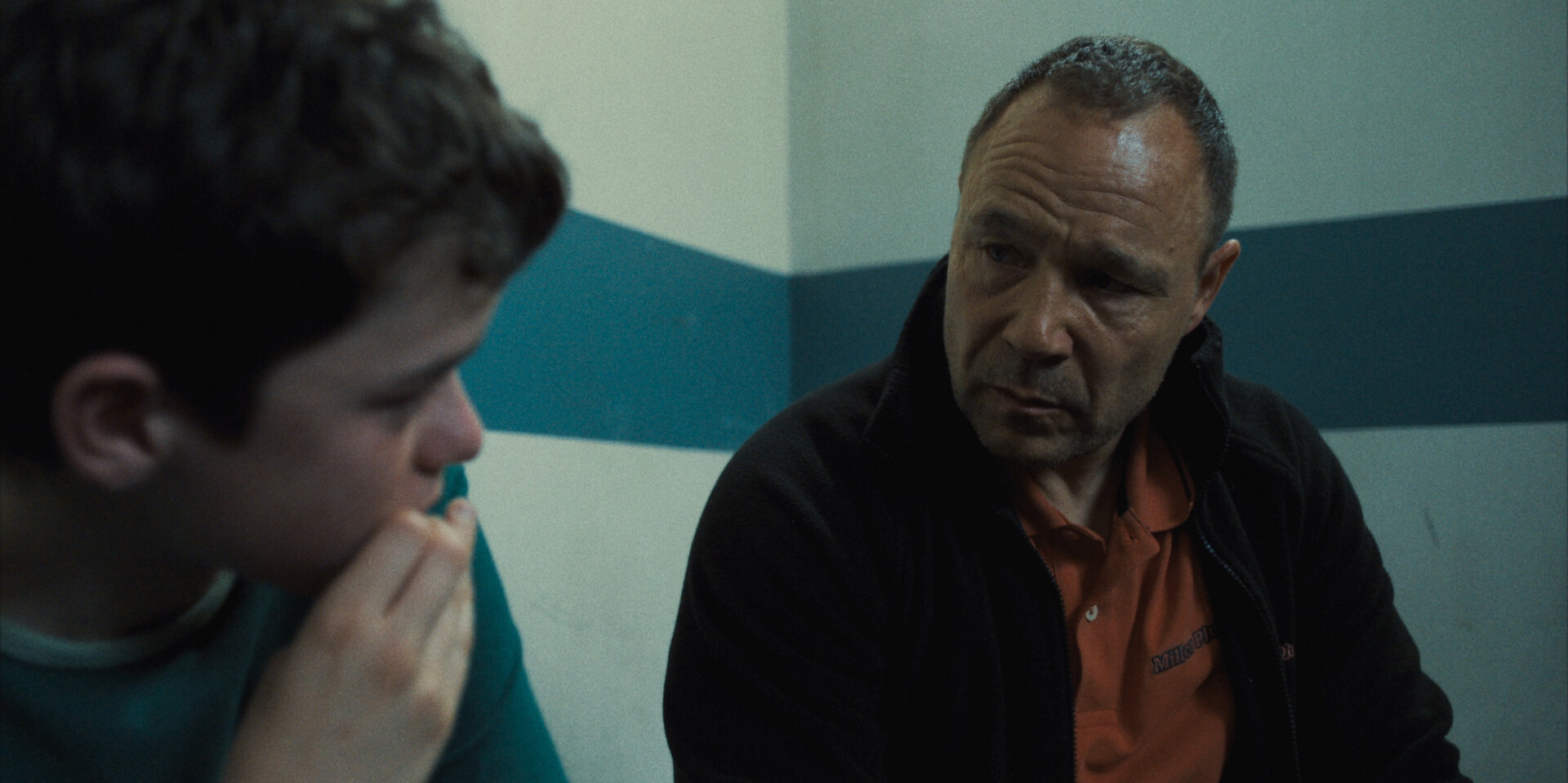Found a Homeless Billionaire Husband for Christmas. The Quarterback Next Door. Revenge of the XXL Wife. My Secret Agent Husband.
These may sound like cringey fantasies, but they’re actually titles of “vertical dramas”, a new form of episodic television that is gripping millions around the world.
The genre, which originated in China and has been called “TV for the Tiktok generation”, consists of minute-long episodes designed for smartphones. It has experienced such a boom that the market is predicted to be worth $14bn (£11bn) by 2027.
“The rise means that there are a lot of audiences who haven’t been satisfied by the current supply of the media market,” Zhou Yuan, the founder of the Beijing-based vertical film production house Content Republic, told Hong Kong’s Filmart last month.
Duanjus – Chinese for micro-dramas – began their life on social media before transforming the national audiovisual market in China. Chinese companies are now working with foreign production companies to export the form, buoyed by a slew of new streaming apps such as ReelShort, ShortTV, DramaPops and FlexTV.
Last November, the California-based, Chinese-backed ReelShort overtook TikTok as the most popular product in the entertainment section of Apple’s app store in the US – and has been downloaded more than 30m times since its launch in 2022.
“Some people said: ‘I can’t believe someone would pay for this,’” Joey Jia, the head of Crazy Maple Studio, the company behind ReelShort, told the Washington Post. “Our answer is: You think you understand the entire entertainment market? You don’t.”
Viewers are attracted to many of the tropes that BookTok readers recognise, such as enemies to lovers, secret billionaires and werewolves. They report becoming hooked by the clickbait titles, cliffhangers and eyebrow-raising scenes. Apps will usually offer a handful of episodes for free, before requiring a paid subscription. Much like a video game, ReelShort allows its users to purchase “coins” to access episodes.
Jen Cooper, the British founder of the website Vertical Drama Love, was drawn to the format because of her love for romantic movies and comedies.
“Last April, I was going through a really difficult time personally. I couldn’t relax or focus enough to watch full-length dramas any more,” the former bookseller said. “One day I was scrolling TikTok and saw an ad that made me go, ‘what?!’.”
She ended up watching her first vertical drama, You Belong With Me, about a jilted woman who gets together with her ex’s uncle. “It’s full of classic tropes, but at the heart of it is a gorgeous love story with some genuinely funny moments,” she said.
After that, Cooper “went down the rabbit hole”. She set up an Instagram account to write reviews and connect with those within the industry, and quickly formed a community. The interest was so huge that when she set up fan awards, she received more than 16,000 votes from around the world in just one week.
Cooper learned that many others discovered verticals during difficult times in their life. “I’ve heard from fans who are bereaved, living with serious health conditions, or acting as carers. The audience is largely women, from early 20s to 60s. I’ve spoken to a student in Pakistan, a bed-bound older woman in Italy, and a single mum whose husband died from an overdose who tunes in while doing the housework.”
The common appeal for all of them is escapism; a quick and guaranteed dopamine hit when life feels overwhelming. “People want to see good triumph over bad, and – let’s be honest – very attractive people falling in love.”
Defne Turan, a production manager for London-based Sea Star Productions, which makes verticals, said the format was “the way of the world now”.
The company had been receiving applications from film-makers and actors who wanted to be involved, she said. “It’s a new genre and I believe it should be handled with as much care as any other part of the industry. Just because it’s different and fast-paced doesn’t mean the standards are any less. We use industry-standard cameras and lots of the production crew and make-up artists have all worked on big productions.”
after newsletter promotion
For many of the actors, verticals have been a lifeline. At a time when strikes and cutbacks have made work hard to come by, they provide consistent jobs. Verticals are typically filmed in seven to 10 days, with two cameras capturing scenes in a single take.
Teig Sadhana, 29, an Australian-British actor based in New York, began working in verticals after graduating from the Stella Adler Studio of Acting last year.
“I applied to an ad on a pretty standard acting job site,” he said. “I didn’t know what a vertical was, I just needed the pay cheque.” He had a brief call with a director, and a few days later was on location in Pennsylvania to shoot Glory of Revenge.
“Since then I’ve made 10 films across all the major vertical platforms, worked with incredible professionals, and am finding some of the joys and comforts of having regular work. Not an easy thing to manage so quickly out of the conservatory.”
He said he initially struggled to make sense of a format with limited room for character development, but that it helped to avoid “overcomplicating it too much”.
Nic Westaway, a former star of the Australian TV soap opera Home and Away, who now appears in the hit vertical The Double Life of Mr President, told Filmart: “In Australia, I played one character for nearly four years, nearly 400 episodes; but in the last nine months I’ve got to play 14 different characters in 14 different crazy verticals.”
According to Zhou, Content Republic is aiming to have 400 verticals in production each year: 200 for the Chinese market and 200 for an international audience.
Whether the novelty will wear off is yet to be seen (Quibi shut down after six months), but even traditional media companies are monitoring the trend as they look to appeal to younger viewers with diminishing attention spans. In 2023, Paramount Pictures briefly released Mean Girls on TikTok in 23 snippets.
“It’s a space we’re watching closely, with plenty to learn from how audiences and creators are embracing it,” Sacha Khari, Channel 4’s head of digital commissioning, said.








